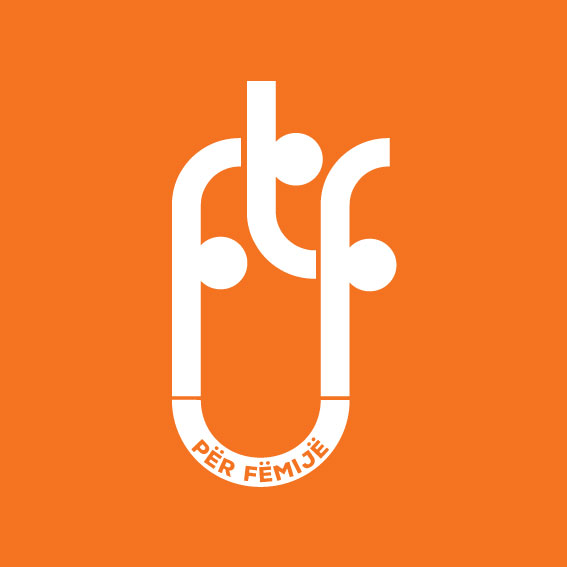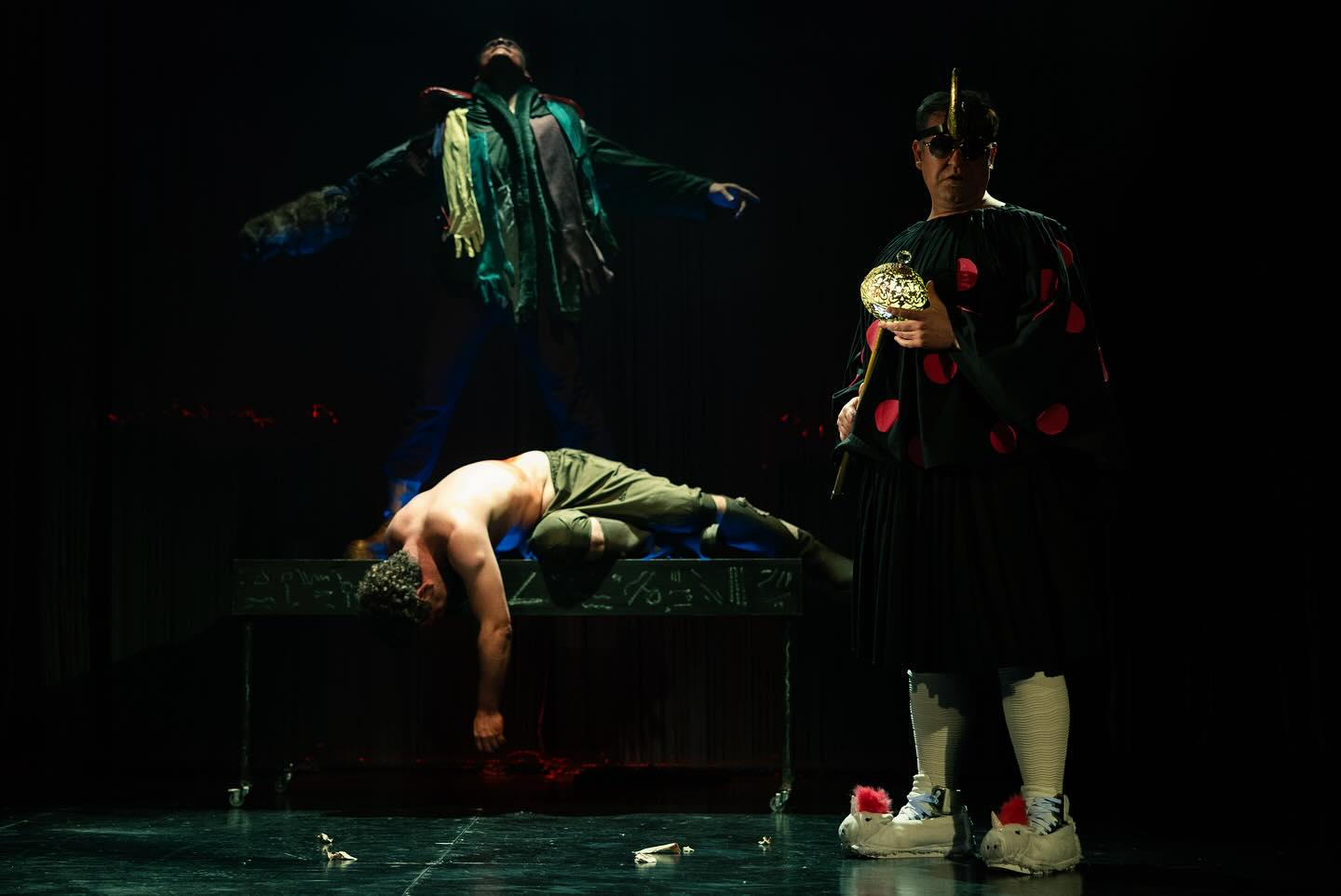What do politicians dream about? Or other people in decision-making positions? Jeton Neziraj’s Department of Dreams invites us to explore just that.
The play was originally staged in 2019 at the City Garage Theatre in Santa Monica, California. This new version, directed by Besim Ugzmajli presents audiences with a thought-provoking experience.
The play is set on the 6th floor of a government building where they have a special department for dealing with dreams. People’s dreams are analysed carefully, to figure out whether they’re important or not. The dreams are separated into two categories: useful ones and useless ones. The useful ones are the dreams of politicians while those deemed useless are the artists, painters, musicians and actors, the people who don’t matter.
Newcomer Dani (Afrim Muçaj) is an idealist who is still not fully aware of what he is getting into by taking a job in the department of dreams, working under the Master (played by Kushtrim Qerimi),and his assistant (played by Ermal Sadiku).
The dreams of politicians are analysed to determine their subconscious desires, fears, and intentions, which could have significant implications for political stability and decision-making in the country. The dismissal of the dreams of artists as “useless”, on the other hand, reflects a systemic bias that prioritises the concerns of the ruling class while marginalising the voices of creatives and cultural figures. In this way the play invited us to critically examine the balance between security and freedom, urging us to remain alert to threats to democratic values.
The trio of actors brings Neziraj’s script to life, capturing the complexities of ambition, loyalty, and conflict in this dystopian world. These workplace hierarchies are very familiar. There’s the boss, his underling, and the new arrival (who turns out to be more skilful than the Master himself), each trying to figure out where they fit in the power dynamics.
Muçaj portrays Dani as a person who is sincere, anxious and determined, dedicated to his work and driven to interpret dreams as best as he can. Opposite him, Sadiku conveys a quiet yet noticeable hunger for power, gradually revealing his character’s ambitions and motivations. At the top of the tree, Qerimi portrays the Master with an air of authority and control. Beneath his calm exterior, there’s an underlying sense of anger in his words which reflects his strong desire to remain in power.
Dani soon starts to become even better than the great Master at interpreting dreams, which makes the master feel challenged. The power dynamics shift drastically when he begins to feel threatened by Dani’s growing expertise. As Dani’s skills become more apparent, the Master’s sense of authority starts to diminish. His ego is bruised. He feels inadequate and fears losing his status and influence and he sees Dani as a threat to his very existence in the dream interpretation hierarchy. This threat to his leadership triggers a range of emotions, from anger and frustration to desperation, all of which Qerimi captures. Fuelled by fear and insecurity, he believes that eliminating Dani is the only way to regain control.
Half way through the show, Nata, played by Molikë Maxhuni, shows up to ask Dani about one dream that she keeps having repeatedly. Maxhuni conveys the character’s sincerity. She is a symbol of purity. The Master makes plans to separate Dani and Nata, viewing their bond as disruptive to the system, and he means to eliminate Dani from the equation altogether.
Costume designer Njomëza Luci has done an amazing job. The costumes tell a story and add to the fantastical atmosphere. Dani begins the show wearing a black shirt with white doves on it, symbolising purity. Then, throughout the show, he wears a black shirt and army green pants symbolising the loss of idealism while facing the harsh dystopian reality of his surroundings. Sadiku wears a pair of red boxing gloves on his shoulder, a hint at the threat of violence for disobedience meted out in this harsh society. The Master wears a black dress with pink dots on it and a hat with a unicorn symbol, masking the true nature of power, while Nata was wearing a mediaeval dress with a moon crown, evoking a sense of longing for freedom in this oppressive reality. This set design by Mentor Berisha consists of a table with arcane symbols scrawled on it. Images are projected on the wall creating a suitably dream-like feeling.
Nezraj’s play leaves us with with a lot to think about. I found myself reflecting on the questions it raises about power and freedom. Ugzmajli’s production condenses a lot of big ideas into a relatively short running time and the pacing is such that it was possible to potentially miss out on some of the details. But this only left me with a wish to see it again, as I wanted to fully appreciate every aspect of the performance. Even so, I came away with a deeper understanding of the constant struggle for autonomy in a world where authority often dictates reality.
Credits:
Author: Jeton Neziraj//Director:Besim Ugzmajli//Scenography: Mentor Berisha//Costumes: Njomëza Luci
Cast: Afrim Muçaj, Kushtrim Qerimi, Ermal Sadiku,/Molikë Maxhuni


